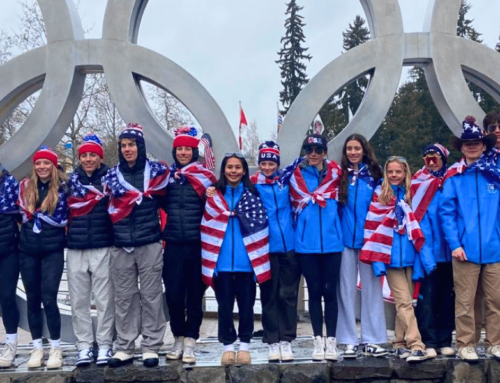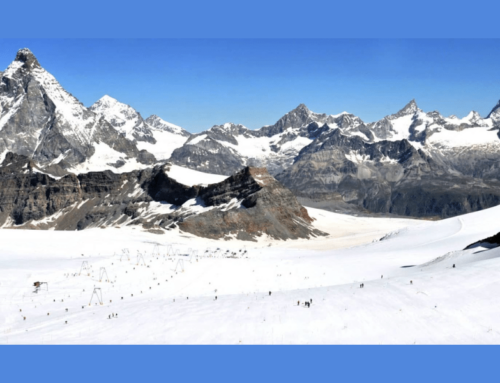FIS Council Confirms Changes to Alpine World Cup Rules
The FIS Calendar Conference took place in the resort town of Cavtat-Dubrovnik, Croatia, last week where FIS delegates engaged in a productive conference of meetings and important discussions for the future of alpine skiing and the World Cup Tour.
After a debrief and a look back at the past season, which culminated with the successful World Cup Finals in Soldeu, Andorra, it was time to look towards the future with potential developments and introductions to the current Alpine World Cup Tour. The Alpine Committee proposed the following changes, which were approved by the FIS Council on Sunday, June 2, for the coming season.
Start Field Reduction
To keep building on the start field reduction process that was initiated last year for the Men’s Alpine World Cup events, stricter criteria has been set for athletes to be able to be on the start list of a World Cup race. It will not be sufficient anymore to have a maximum of 80 FIS points.
Each National Ski Association will be able to enter one competitor for FIS World Cup races as long as he is ranked within the first 150 athletes of the valid FIS-point list of the event taking place or within the first 30 of the World Cup Starting List (WCSL).
To be able to start in the parallel events, athletes will need to have no more than 140 FIS points in one of the five alpine events (slalom, giant slalom, super-G, downhill, and alpine combined). These changes will result in an average reduction of 10 athletes per race. These changes will only be applied to the men’s competitions.
Parallel Format
The new Parallel (PAR) — formerly known as City Event or Team Event — has been revised in an effort to produce a format that is fair for athletes and interesting for fans at the same time. The format will feature a single qualification run for the best 30 competitors according to the actual Parallel World Seeding List (PWSL). The first 16 ranked athletes from the qualification run will qualify to the round of sixteen. All heats will have a “run and re-run” format to ensure fairness and integrity.
With these major proposals approved by the FIS Council, alpine skiing set the foundation for another great season. The traditional fall meetings will take place beginning of October in Zurich, Switzerland, where the last details will be discussed before the winter.
Release courtesy of FIS.





















